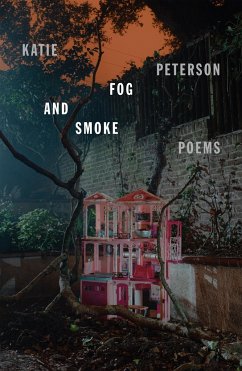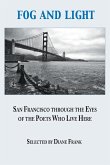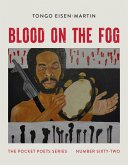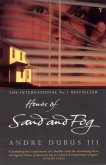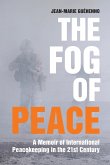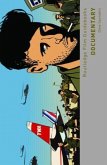Peterson unfurls the quotidian fabric of our lives, patterned with the difficulties of language and this moment. Confusion frames the human predicament. In Katie Peterson's Fog and Smoke, confusion is, literally, our climate. Writing to, and from, the California landscape, Peterson sees fog and smoke as literal-one a natural weather event, the other an aftereffect of the West's drought-caused fires-but they are also metaphysical. Fog and smoke subsume the poet and reflect the true conditions (and frustrations) of our ability to perceive and to connect. She writes, "I've been speaking about it at a distance. / Now I want to talk about its thickness. / A person could get killed in here." The collection moves through three sections: First, the poet follows her local fog's cyclical journey of descent and dispersion; second, in a sort of pastoral interlude, she travels widely, almost erratically, to the California desert, the greater world, and ancient history; finally, she descends into the enclosed space of the household, and the increased confinement and intimacy of raising a child during the pandemic. Peterson unfolds the small moments that make up our lives and reveals the truths contained within them, and her poems capture the lyricism of our daily rhythms-the interruptions, dialogues, and epiphanies.
Hinweis: Dieser Artikel kann nur an eine deutsche Lieferadresse ausgeliefert werden.
Hinweis: Dieser Artikel kann nur an eine deutsche Lieferadresse ausgeliefert werden.

